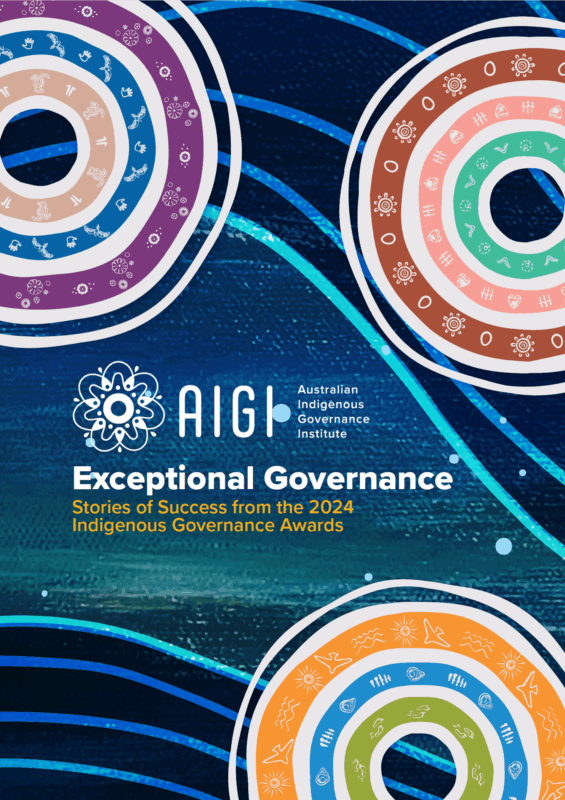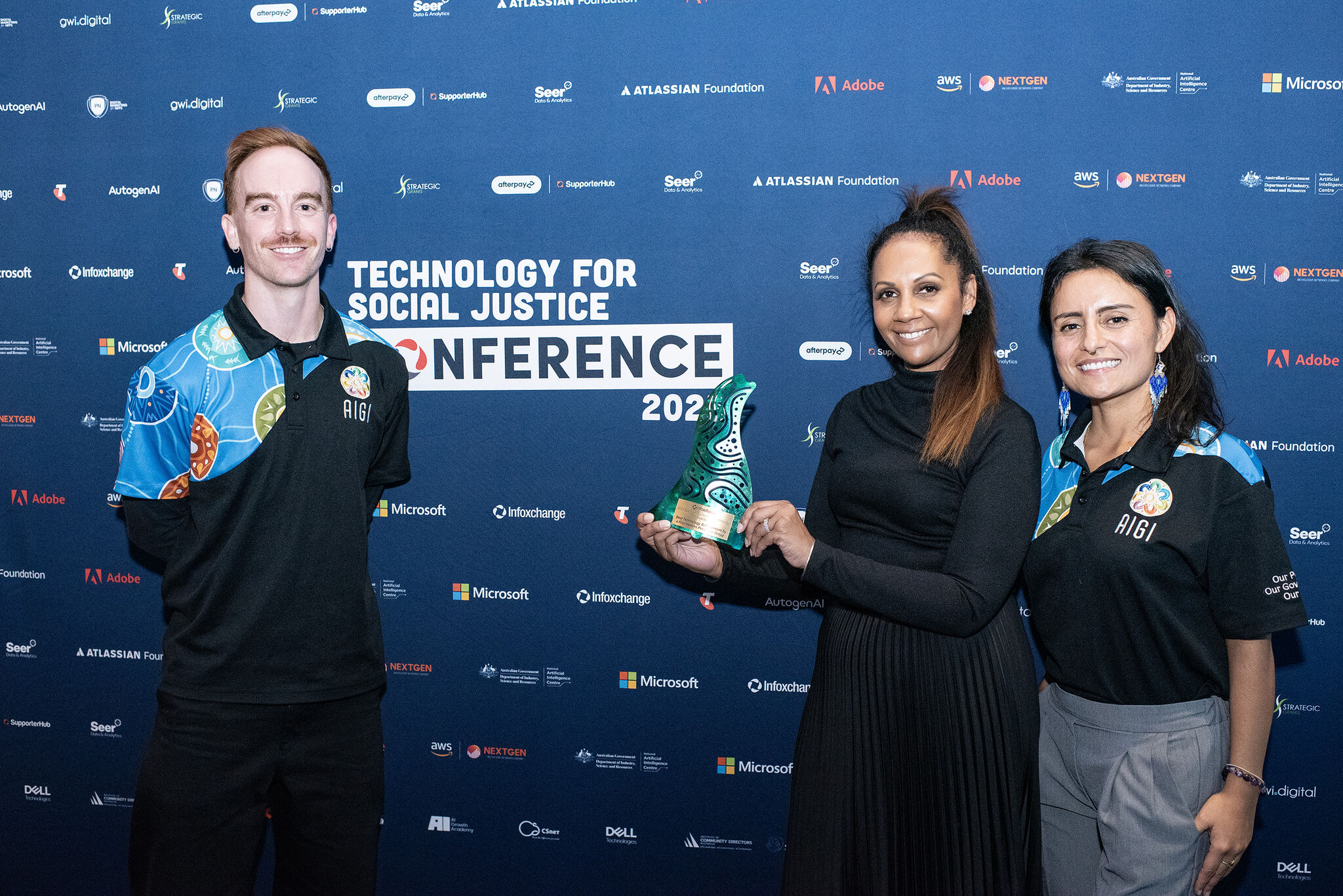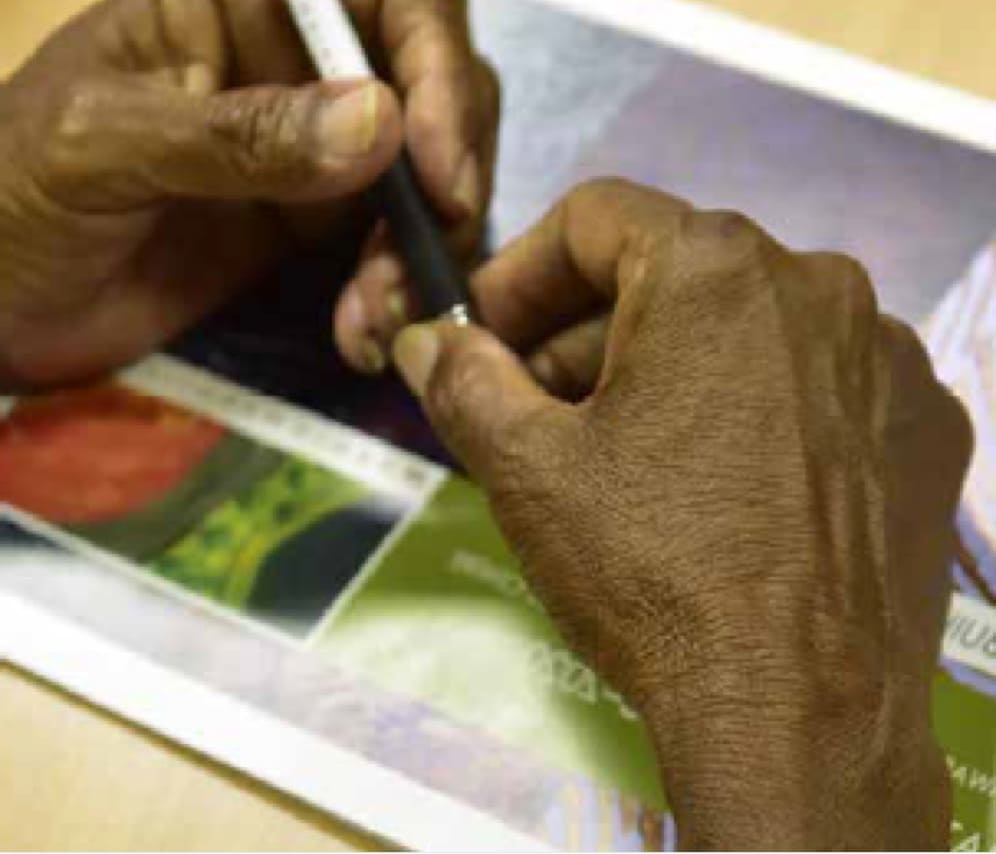In this topic, we explore the concept of self-determination and how it applies to Aboriginal and Torres Strait Islander peoples We introduce nation building, treaty and development as examples of self-determinatio...
Governance gives a nation, group, community or organisation the ways and means to achieve the things that matter to them.
Effective governance means having rules, structures, and processes that are capable of achieving your objectives. Effective governance gets things done. Governance must also be legitimate. This means your rules, structures, and processes have to be seen as credible and worthy by your members. Legitimate governance gets things done properly.
Understanding Governance Fact sheet







.png)




